A brutal and protracted war in Ukraine. Government overthrows in Niger and Gabon. Hostilities linger over unequal distribution of Covid-19 vaccines…
A long line of global issues awaits answers at the threshold leading to where world leaders will arrive for the annual high-level week of the United Nations General Assembly, taking place from September 19-26.
Sense of urgency
The UN – once the central forum for trying to resolve geopolitical disputes – is increasingly on the sidelines of the new global politics, unable to keep up with a series of shocks, crises and coups that seem to be further fracturing the world.
That is evidenced by their inability to intervene in places where they have been at the center for years – such as the coup in Niger this summer, or the most recent turmoil in Haiti.
“What we are experiencing now is not just a test of the post-Cold War order – it is the end of that order,” US Secretary of State Antony Blinken said last week. “Fostering international cooperation has become more complicated. Not just because of increased geopolitical tensions but because of the sheer scale of global problems.”
Many countries have called for reform of UN bodies, citing unequal representation and structural injustice. The sense of urgency has become even more acute as the conflict in Ukraine has continued for 19 months and the Security Council (UNSC) is paralyzed by the veto power of the five permanent members.
The UNSC currently consists of 15 members, including 5 permanent members (P5) including the UK, France, the US, Russia and China, each member has veto power, and 10 non-permanent members (E10) elected by the UN General Assembly every 2 years.
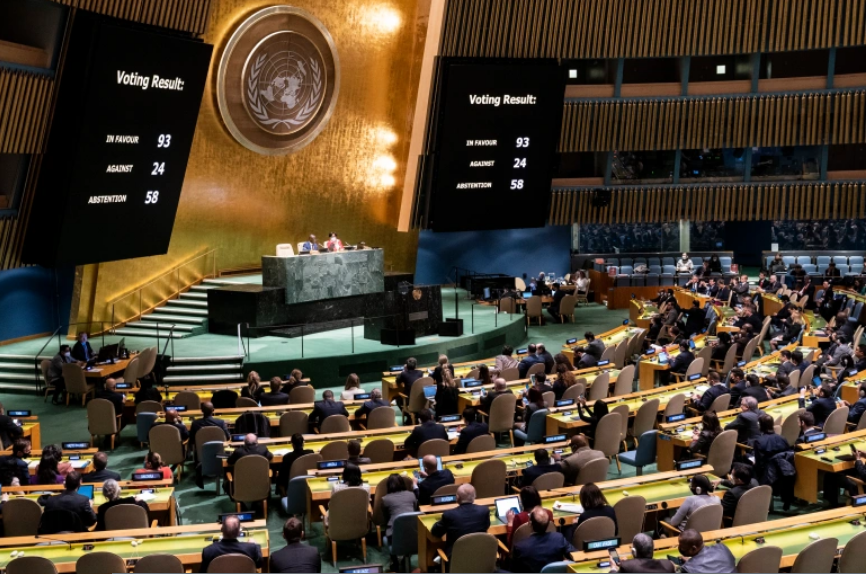
Results of a round of voting at the United Nations General Assembly (UNGA) on April 7, 2022. Photo: Al Jazeera
The G4, a group of four countries – Brazil, Germany, India and Japan – that aspire to become permanent members of the UNSC, proposed in a joint statement in March this year to increase the number of seats in the UNSC to 25 by adding six permanent members and four non-permanent members.
If admitted to the UNSC, the G4 recommends that new permanent members should give up their veto power for at least 15 years.
Meanwhile, the group of 54 African countries proposed expanding the UNSC to 26 members, including 2 permanent members and 2 non-permanent members from countries on the "black continent".
The African group also proposed that two of the other permanent members should come from Asia, one from Latin America and one from Western Europe. The non-permanent members should be divided equally among countries from Asia, Eastern Europe and Latin America or the Caribbean.
They object to the veto power, and argue that if it is still in effect, they should be granted it as well.
Similarly, the Arab group opposes the observance of the veto power of the five permanent members of the UNSC. They also want Arab countries to be granted permanent membership in the UNSC in case of enlargement.
China wants Asian, African, Latin American and Arab countries to join the UNSC, saying it is unbalanced between the North and South. Russia has also signaled that its expansion policy should include Asian, African and Latin American countries.
Looking further
A diplomat from a developing country told Bloomberg that if the most influential countries at the UN continue to disagree on reform, the Global South will have no choice but to look for options outside the UN system to address its problems.
“The UN remains the same. The divisions in the world order have prevented it from functioning effectively for a long time,” said Manoj Joshi, honorary fellow at the Observer Research Foundation, a New Delhi-based think tank.
Countries that have long wanted to reform the UN are now looking further afield. India and Brazil, long advocates of reforms to the global body, are putting more effort into the BRICS group of Brazil, Russia, India, China and South Africa.
Most recently, in August, BRICS made a “historic” decision to extend the invitation to join the group to six more countries, including Saudi Arabia, Iran, Egypt, Argentina, Ethiopia and the United Arab Emirates (UAE), giving a victory to China and Russia – countries that have been pushing for this for more than five years.
In India's case, Delhi is also focusing on the Quadrilateral Security Dialogue (Quad), a grouping comprising the US, India, Japan and Australia.
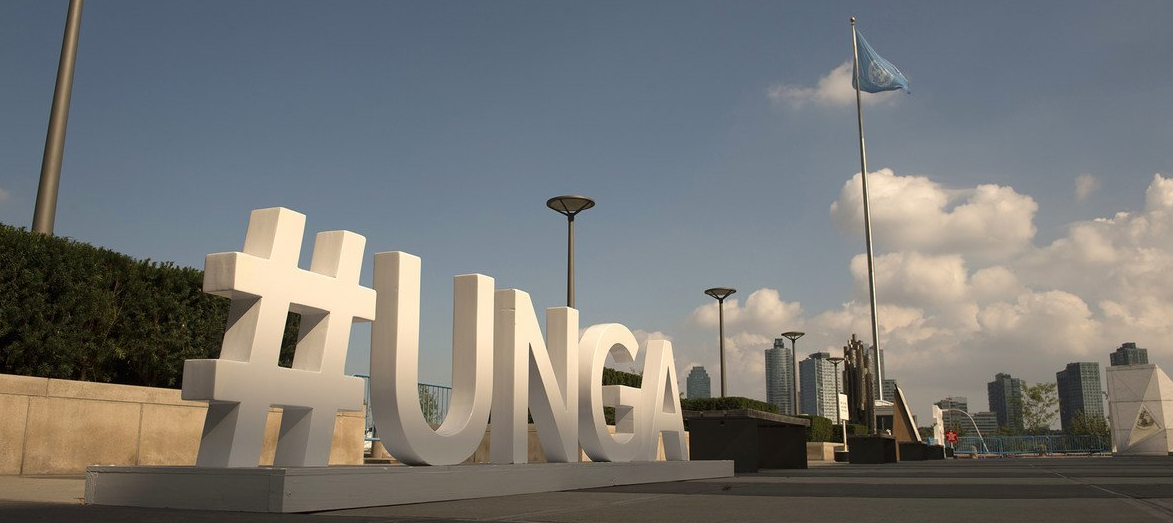
A sign outside the United Nations General Assembly (UNGA) building in New York, USA. Photo: UN website
One notable thing about the upcoming UN General Assembly High-Level Week in New York: US President Joe Biden will be the only leader of the five permanent members of the UNSC to appear in person at the General Assembly debate. Heads of State and Government from China, Russia, France and the UK are not expected to attend.
US officials have repeatedly acknowledged the need to make the UN reflect the world today, not the one it was founded in after World War II. But the US voice has also been tempered by the possibility that Donald Trump could return to the White House in 2025 and shake it up again.
The former Republican president shook the organization to its core with his decision to withdraw the US from the World Health Organization (WHO), a move Mr Biden later reversed.
“The truth is that for a while now the UN has not been the only multilateral organization, and that is increasingly the case,” said Stewart Patrick, a senior fellow at the Carnegie Endowment for International Peace. “There are indeed cracks that have appeared, and one problematic aspect is that those cracks run not just east-west but north-south.”
There is also clear internal animosity. Much of the problem can be traced back to the Covid-19 crisis, when poorer countries felt left out as richer ones raced to stockpile vaccines.
A similar rift is emerging in the climate crisis, with low-income countries resentful that rich countries – which are responsible for much of the world’s current pollution – are asking them to curb output to meet climate targets.
“Many low-income countries are now looking for new partners or wondering whether the only viable course of action is to try to solve their problems alone,” Mark Suzman, chief executive of the Bill and Melinda Gates Foundation, said in Foreign Affairs magazine .
Minh Duc (According to Bloomberg, Anadolu Agency)
Source






![[Photo] Prime Minister Pham Minh Chinh receives the delegation of the Semiconductor Manufacturing International (SEMI)](https://vphoto.vietnam.vn/thumb/1200x675/vietnam/resource/IMAGE/2025/11/06/1762434628831_dsc-0219-jpg.webp)

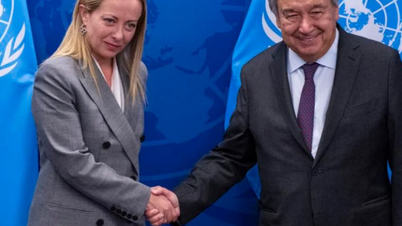
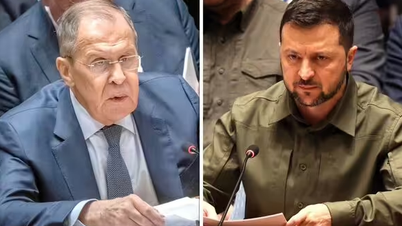






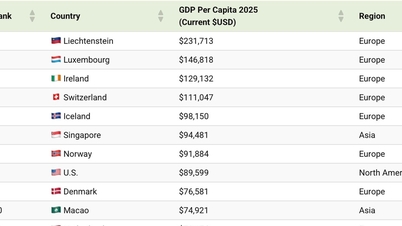



















































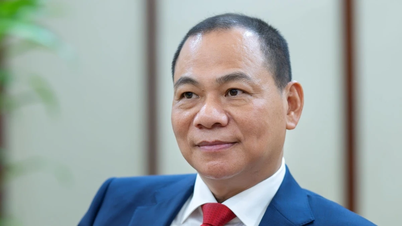
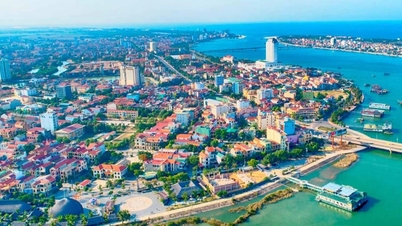











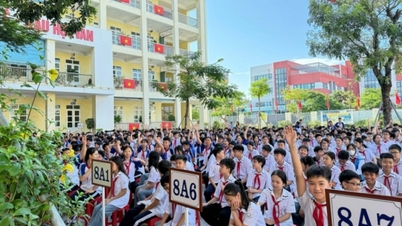



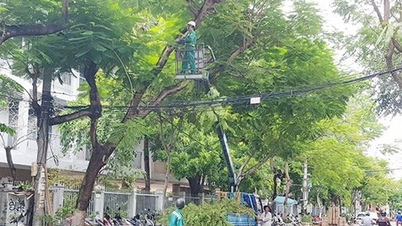

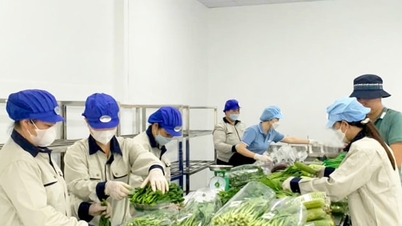

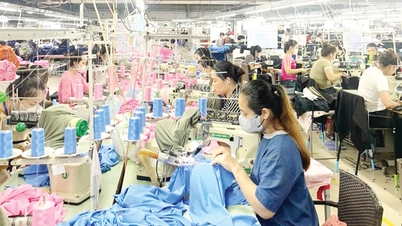















Comment (0)